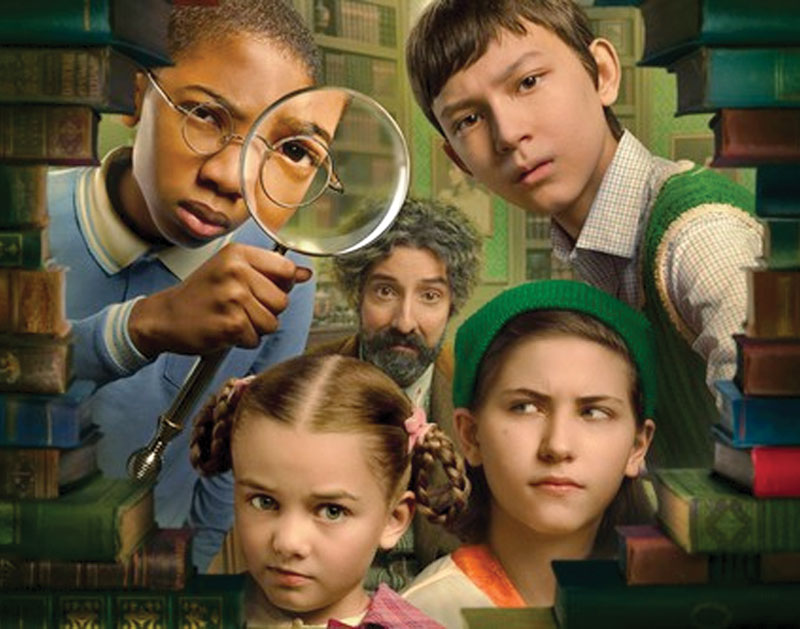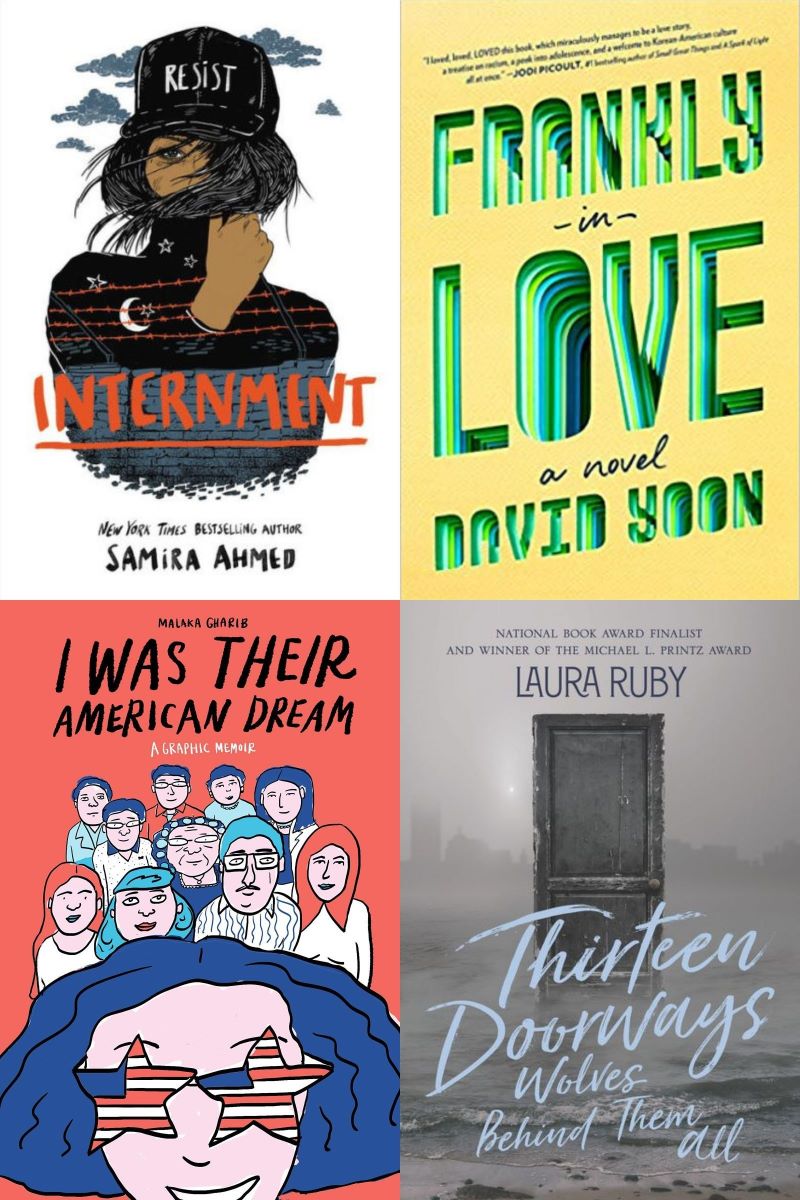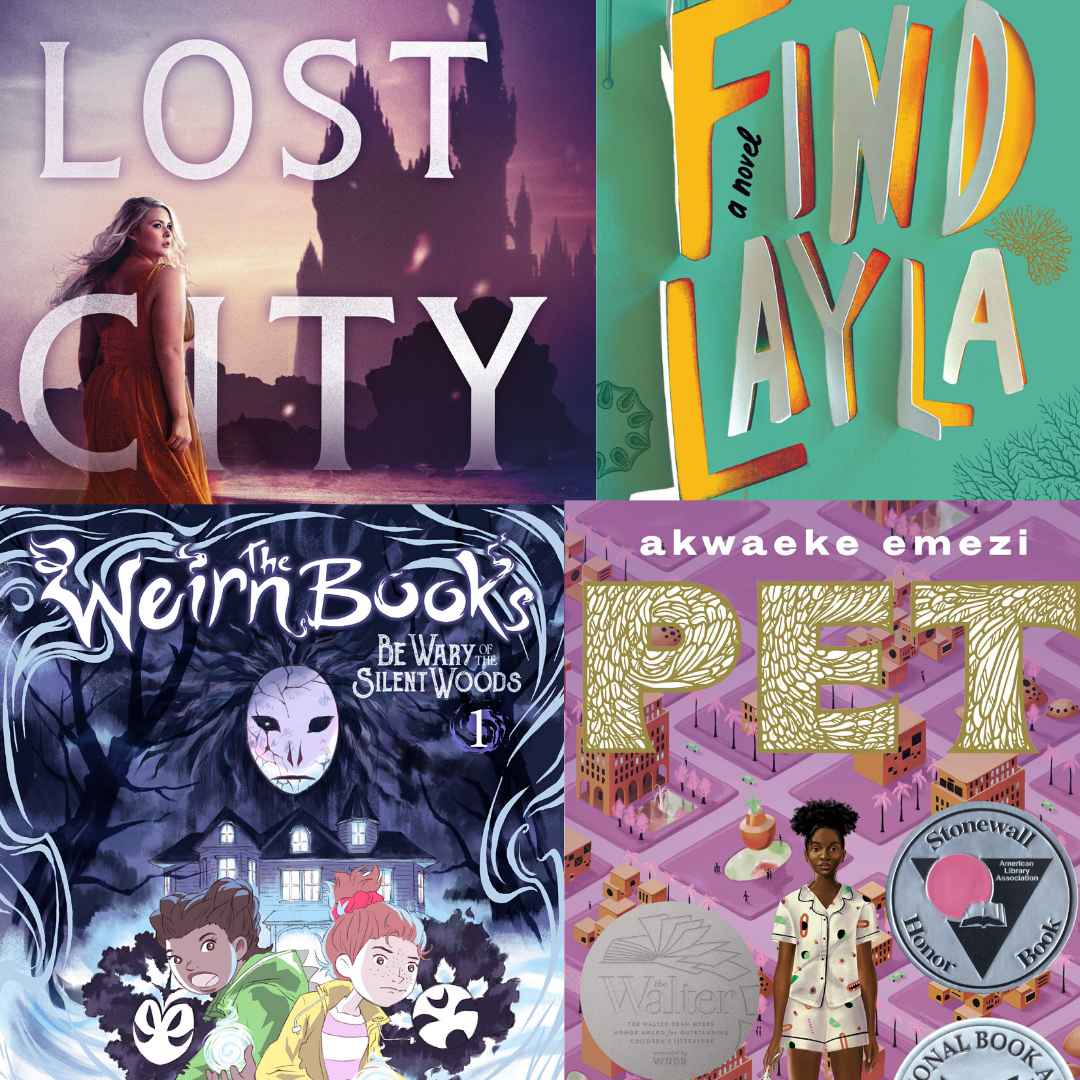The Critical Need for Environmentally Focused Rural YA Books, a guest post by Nora Shalaway Carpenter

Recently I led a workshop on Writing Environmental Fiction for Young Adults at the Wheeling Reads festival in my home state of West Virginia. The attendees passionately discussed the devastating effects of natural resource extraction, particularly from the coal and fracking industries, while at the same time addressing the cognitive dissonance that came from recognizing that some of them had much more financially stable upbringings because of those industries. As I listened, I couldn’t stop myself from wishing that urban Americans could hear these firsthand accounts from the people who live in the rural places so often selected as industry ground zeroes and dumping places.
Many people consider rural environmentalism an oxymoron. The backward, Beverly Hillbilly-esque stereotypes have been so drilled into our collective consciousness that the idea that the people who live in the hollows and backwoods of this country and who, yes, sometimes lease their mineral rights to nature resource extractors, might care about the environment strikes many as almost absurd. Indeed, whenever someone learns I grew up in the wilds of rural West Virginia, I see the tiny flick of shock that I am profoundly concerned about the preservation of our planet.
ADVERTISEMENT
ADVERTISEMENT
The truth is, many rural people value the environment. Their identities are so ingrained with place and the natural world that it makes perfect sense that they would feel passionately about preserving it. In reality, rural Americans—so often condemned for voting for anti-environmental lawmakers—aren’t the ones pulling the political strings or manipulating those with less power to create fear and disinformation. Because it is fear that often motivates those voters, as fear often motivates so many of us.

The limited options available to many rural people, particularly those of poor or lower socioeconomic classes (in which both my husband and I grew up), put them between a rock and a hard place. A holler and a mountain, if you will. As the dual narratives in my new YA novel Fault Lines convey, rural Americans are often forced to choose between environmentalism and signing a contract that will allow them to eat, afford medicines, and maybe help their kids pay for college.
This is not a new situation, and I’m not trying to suggest it is. But it is a chronic one that so many people who aren’t rural have no context for understanding. This much is obvious from the vitriolic statements thrown around about rural people on social media, particularly during national election times.
Enter young adult rural literature. Right now, I can count the number of contemporary YA books set in West Virginia on one hand. If more exist, I can’t find them, which means other readers can’t either. (Shout out to Dr. Chea Parton for recently establishing the amazing site, Literacy in Place and its accompanying YouTube and podcast series, Reading Rural YA, which helps educators find authentic rural texts.) As my fellow contributors and I aim to demonstrate in RURAL VOICES: 15 Authors Challenge Assumptions About Small-Town America, rural America is far from a monolith, which is why it is crucial to introduce a variety of stories set in rural America to student readers.
And no, reading a book like Fault Lines set in rural West Virginia does not mean you’ll be reading only about white cisgendered characters. That idea itself is part of the stereotype, part of the collective erasure of anyone not white or cis or straight from the rural narrative. Just look at Neema Avashia’s memoir, Another Appalachia, or Valley Girl by Crystal Good.
In a recent interview, Earth Alliance CEO Brady Piñero Walkinshaw notes the importance of rural people when it comes to solving the climate crisis: “I think that rural communities will be such a pivotal part of solving the climate crisis because of the direct interactions that rural communities have with our natural resources.”
I agree.
But here’s the thing: It will be a much harder and much slower process if rural communities are continually demonized and negatively portrayed in the media and public consciousness. That’s why rural YA, and specifically, rural YA dealing with environmental ethics and the many intersectional issues that play into that, is desperately needed. Because educators know the value of windows and mirrors. And we know that stereotypes are ingrained from childhood. But we also know that books, particularly when read during the formative teen years, can have a major impact in deconstructing those stereotypes and instigating change.
Fault Lines tells the intertwined story of two rural West Virginia teenagers—one with a secret energetic connection to the earth, suffering immensely from damage caused by fracking (Viv) and the other depending on it completely, his mother’s pipelining job being the only thing keeping them off the street (Dex).

The novel doesn’t offer easy answers. It does, however, offer a story of two very different people who believe very different things, but who nonetheless discover that each of them just might be exactly the person the other needs to heal and grow at this point in their life.
What kind of world could we live in—what kind of progress could we make—if we actually listened to each other before presenting our own arguments? If we acknowledged what we don’t know and allowed our minds to grow, our ideas to re-route and re-root? If we used our differences to discover ideas and solutions that might not have been possible if we hadn’t challenged each other through honest, respectful debate?
ADVERTISEMENT
ADVERTISEMENT
Those are the kinds of questions I hope Fault Lines inspires. As an author, of course I hope you read it. But I hope you also seek out and introduce students to more rural YA literature. I hope you encourage rural students to write it. Because it is story that opens hearts and changes minds. It is story that empowers us to envision a new reality. Only when people feel understood and seen, not when they are shamed, can conversation and change can truly begin.
Meet the author

A native of rural West Virginia, Nora Shalaway Carpenter’s young adult novels and anthologies have been named “Best of the Year” by NPR, Kirkus Reviews, Bank Street Books, and A Mighty Girl, and have won accolades including the Junior Library Guild Gold Standard Selection, the Whippoorwill Award for authentic rural fiction, and the Nautilus Award championing “better books for a better world.” Nora holds an MFA from Vermont College of Fine Arts and serves as faculty for the Highlights Foundation’s Whole Novel Workshop.
my books photo credit: me
Links:
website: www.noracarpenterwrites.com
Instagram: https://www.instagram.com/noracarpenterwrites/
About Fault Lines
Riveting, powerful, and a little bit magical, Fault Lines offers readers a slow-burn romance alongside an unflinching examination of socio-economics, gender expectations, and environmental ethics.
Ever since her aunt died four months ago, seventeen-year-old Vivian (Viv) Spry is aching to figure out where she belongs. Her father has become emotionally distant and even her best friend has found a new sense of identity in her theater group. Unfortunately, nobody in her rural West Virginia town has time for an assertive, angry girl, especially a girl dubbed “Ice Queen” for refusing to sleep with her popular boyfriend. On top of everything, she discovers a strange ability to sense energy that really freaks her out. The only place Viv feels like it’s safe to be her true self is the tree stand where her aunt taught her to hunt. It’s the one place she still feels connected to the person who knew her best. So when fracking destroys the stand and almost kills her, Viv vows to find a way to take the gas company down.
When Dex Mathews comes to town—a new kid whose mom lands a job laying pipeline—his and Viv’s worlds collide and a friendship (and maybe more?) slowly blossoms. But Viv’s plan to sabotage the pipeline company could result in Dex’s mom losing her job, putting them on the streets. Now Viv and Dex have to decide what’s worth fighting for—their families, their principles, or each other.
ISBN-13: 9780762480999
Publisher: Running Press Book Publishers
Publication date: 09/12/2023
Age Range: 13 – 18 Years
Filed under: Guest Post
About Amanda MacGregor
Amanda MacGregor works in an elementary library, loves dogs, and can be found on Twitter @CiteSomething.
ADVERTISEMENT
ADVERTISEMENT
SLJ Blog Network
Endangered Series #30: Nancy Drew
Research and Wishes: A Q&A with Nedda Lewers About Daughters of the Lamp
Preview: Archie Jumbo Comics Digest #350
ADVERTISEMENT







